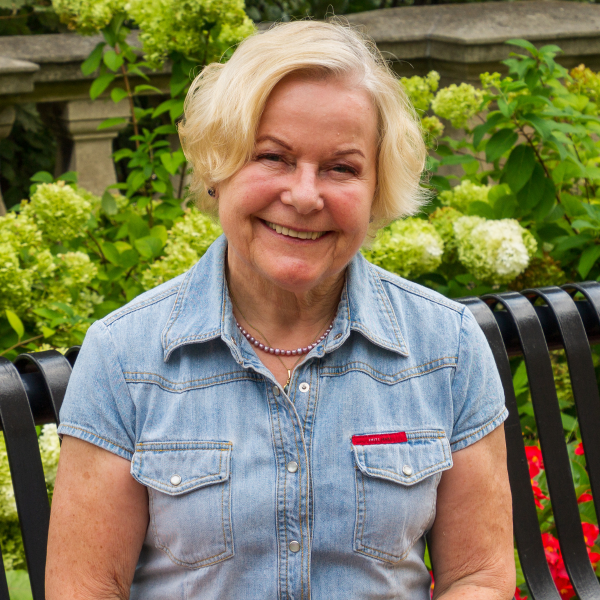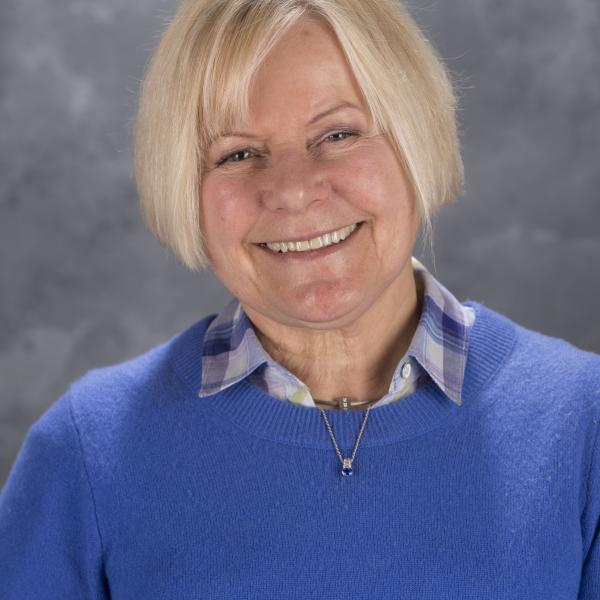Professor Williams has published widely on German and French literature and culture from the Middle Ages to the Early Modern Period (1100-1700), specializing more recently in the sixteenth and seventeenth centuries.
Williams has been working in translation theory and practice, the early modern witch phenomenon, the early modern Volksbuch, and the development of the novel. She has explored the impact and influence of newspapers and other early modern media on the production of novels. Some of her recent publications include books, edited and co-edited volumes, translations, and articles on the Prosaromane of Fortunatus, Melusine, Dr. Faustus, Wagner, and on the seventeenth-century writers Johannes Praetorius and Eberhard Werner Happel. Currently, she is working on the influence of Ottoman power and culture on German prose texts and on the globalizing impact of the Ottoman imperial ambition and cultural hegemony during the seventeenth century.




